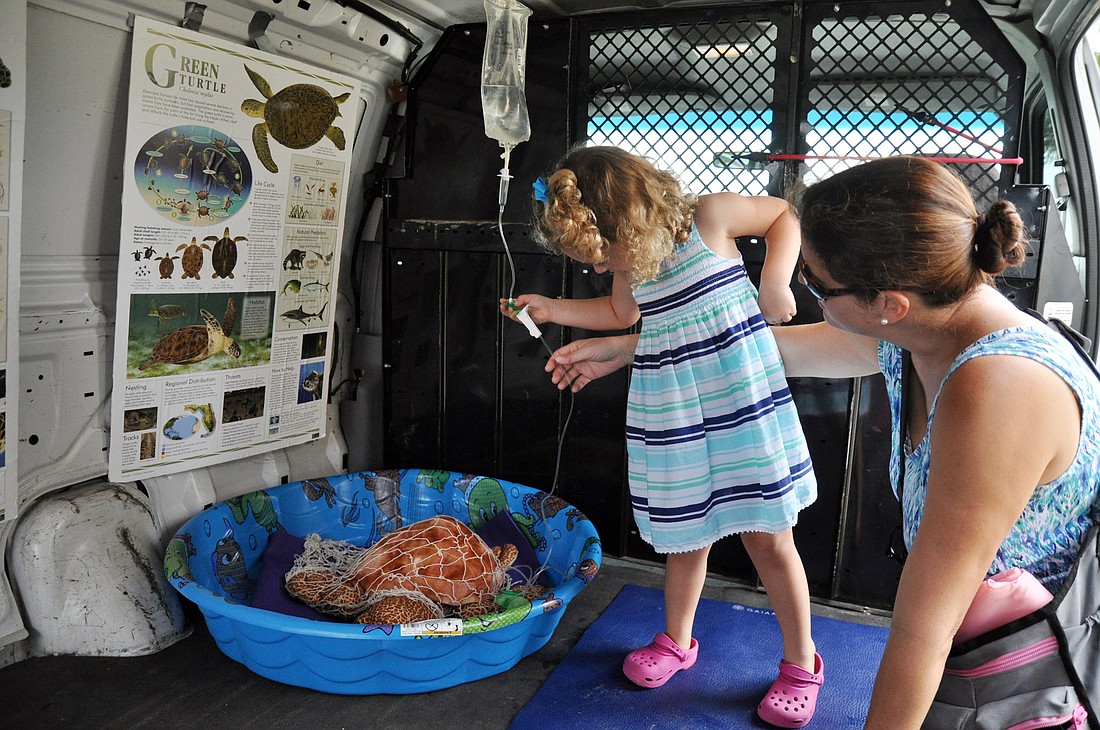- February 26, 2025

As a member of the Mickler's Landing Sea Turtle Patrol in Ponte Vedra, Nancy Condron became frustrated with the abundance of weak hatchling the patrol was finding.
“I was having this dream of a little hatching hospital and I was thinking of an aquarium in my house,” she told the crowd gathered at Whitney Laboratory for Marine Bioscience Saturday morning. “Then, I met Cat Eastman and she had much bigger dreams.”
It was through the vision and dedication of these two women that turtle enthusiasts stood beside marine biologists Sept. 5, at the groundbreaking of the University of Florida Whitney Laboratory for Marine Bioscience’s sea turtle hospital.
Located on the border of St. Johns and Flagler Counties, the lab has been working this year to start the hospital to rehabilitate sick turtles and research a disease impacting sea turtles in northeast Florida. The hospital will specialize in the treatment of Fibropapillomatosis (FP) tumors, and return turtles to the wild.
This disease is increasingly impacting Florida sea turtles, especially green turtles, causing tumors that grow both externally and internally. Currently, the nearest hospital that treats FP long term is more than 200 miles. Once trained veterinarians remove the external tumors and rehabilitate the sea turtle, it can be returned to its habitat. When there is extensive spread of these tumors, it impedes their feeding and movement, and can lead to death. Whitney plans to also treat sea turtles during cold stun events, assist with injuries due to vessels, and is developing a research effort using state of the art methods to investigate medical and ecological issues affecting marine turtles and the overall local marine ecosystem.
“I view sea turtles as a lens to learn much more about the natural world around us in this area,” said Whitney Director Mark Q. Martindale. “Many different aspects of sea turtle biology will be available once we get this hospital up and running.”
Whitney Laboratory received a donation to help establish the treatment rooms, life support and tank systems and to stock the hospital with supplies. The lab is working to raise additional funding to outfit the hospital with the necessary equipment and supplies to sustain the hospital.
“This really is this is a community effort, a real grass roots push, which has a different feel than something that is university driven,” said Eastman, sea turtle program coordinator. “It is supported by the university, but there has been such a drive from the community.”
In addition to treating sick and injured turtles, the hospital will also serve as a venue to teach about conservation. Eastman hopes to expand the K-12 STEM education program already in place to include sea turtle modules and teach about the ecosystem in the lab’s backyard.
Pending Florida Fish and Wildlife Conservation permitting, the hospital is planned to open and start taking patients January 2015.